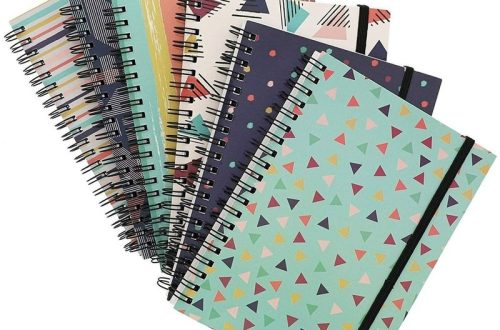For over two decades, the USB Type-B connector has been a ubiquitous presence in the world of electronics. While newer variants like Type-C are gaining traction, Type-B connectors remain a workhorse, powering and connecting a vast array of devices. This article delves into the versatility of USB Type-B connectors, exploring their functionalities and the reasons behind their enduring relevance.
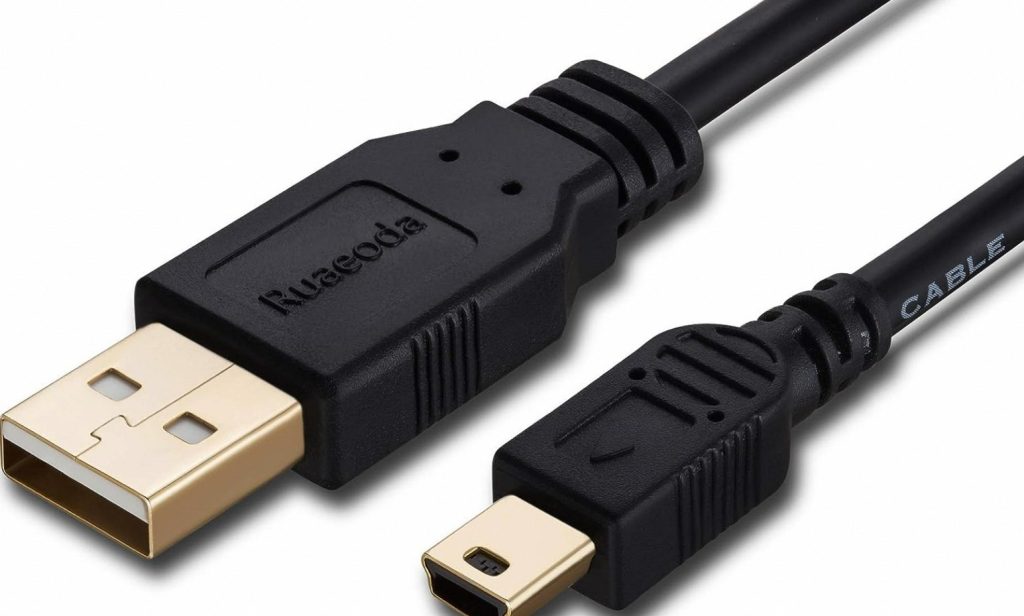
Part 1: Functionality of USB Type-B Connectors
Peripheral Connection:
USB Type-B connectors serve a paramount role in enabling the connection of peripheral devices to a computer. These connectors are commonly utilized by printers, scanners, external hard drives, and a myriad of other devices for both data transfer and power supply. Their widespread adoption as a standardized interface ensures seamless compatibility between diverse peripheral devices and computers, streamlining the connection process and promoting interoperability. Whether used in professional or personal computing environments, Type-B connectors play a pivotal role in establishing reliable connections, allowing for the swift and efficient transfer of data and the provision of power to a wide array of devices. Given their versatility and widespread implementation, Type-B connectors have become essential components that facilitate the integration of various peripherals with computing systems, ultimately supporting productivity and enhancing the functionality of interconnected devices.
Power Delivery:
Beyond data transfer, USB Type-B connectors can also deliver power to devices. This functionality is particularly useful for low-power devices like mice, keyboards, and early generations of mobile phones. The power delivery capabilities of Type-B connectors vary depending on the USB version (1.0, 2.0, or 3.0), with later versions offering higher power output.
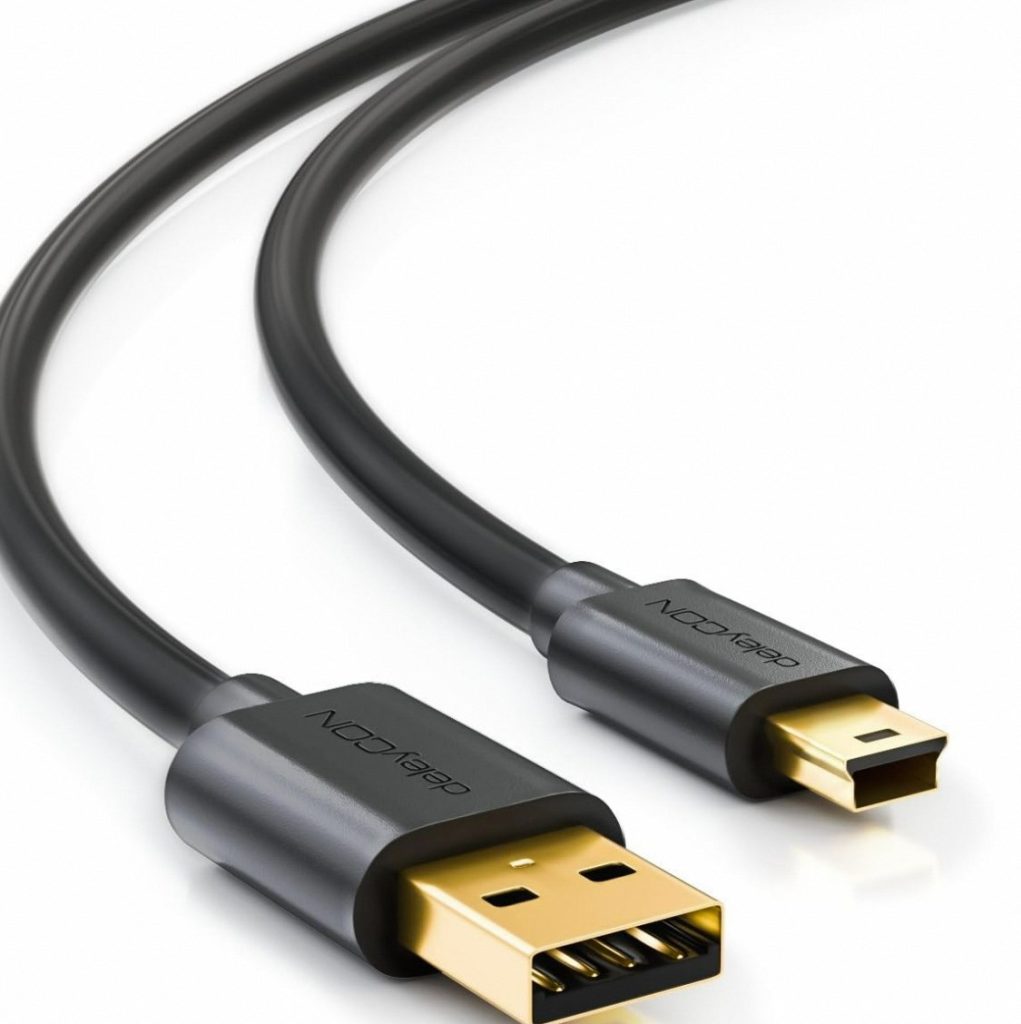
Part 2: Advantages of USB Type-B Connectors
Durability:
USB Type-B connectors are celebrated for their exceptional durability, thanks to their sturdy construction and rectangular shape, allowing them to withstand numerous insertions and removals without succumbing to wear and tear. This robustness makes them well-suited for devices that undergo frequent connections and disconnections, such as printers, scanners, and external hard drives. Whether in professional environments or personal use, the durability of Type-B connectors ensures reliable and uninterrupted connectivity, making them a dependable choice for a wide range of applications. This longevity and resistance to physical stress contribute to their widespread adoption and continued relevance in various technological applications. Additionally, the ability of Type-B connectors to endure the rigors of frequent use not only underlines their enduring quality but also highlights their practicality and reliability, providing users with confidence in the continuous performance of their connected devices.
Legacy Device Support:
One of the notable advantages of USB Type-B connectors is their backward compatibility, which holds great significance in today’s technology landscape. As numerous legacy devices remain in active use, the compatibility of Type-B connectors ensures the continued functionality of these peripherals. This aspect is particularly relevant for businesses and organizations that rely on older equipment, as it allows them to seamlessly integrate their existing devices with newer computers and computing systems. By providing a reliable interface that accommodates older devices, Type-B connectors enable the continued use of established hardware, thereby avoiding the need for extensive replacements and reducing potential costs. This backward compatibility also offers reassurance to users, assuring them that older peripherals, like printers and scanners, can maintain their utility and seamlessly integrate with contemporary computers, preserving their value and prolonging their effective use in modern technological environments.
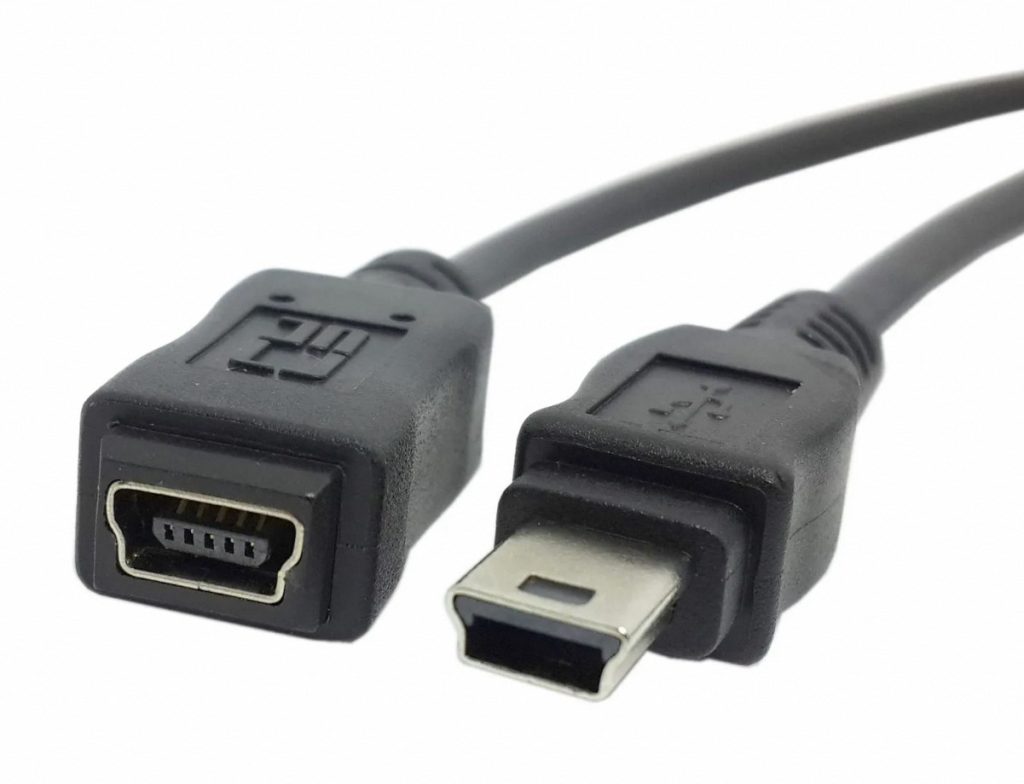
Part 3: Applications of USB Type-B Connectors
Industrial Equipment:
USB Type-B connectors are prevalent in industrial settings due to their robustness and reliability. They are used to connect industrial printers, scanners, and control panels to computers for data acquisition, configuration, and communication. Their ability to withstand harsh environments makes them a suitable choice for industrial applications.
Musical Instruments:
In the realm of music, USB Type-B connectors are an essential component, serving as the standard connection for a wide array of musical equipment such as keyboards, synthesizers, digital audio interfaces, and other instruments. This prevalent use of Type-B connectors allows musicians and producers to seamlessly connect their instruments to computers, facilitating tasks such as recording, editing, and performing music. By enabling the transmission of digital audio data and control signals, Type-B connectors have become integral to modern music production and live performances, offering a convenient and versatile interface for connecting instruments and audio equipment to computer systems. The widespread incorporation of Type-B connectors in the music industry underscores their significance in facilitating the seamless integration of musical instruments with digital technologies, thereby empowering musicians and audio professionals to create, manipulate, and produce music with enhanced efficiency and flexibility.
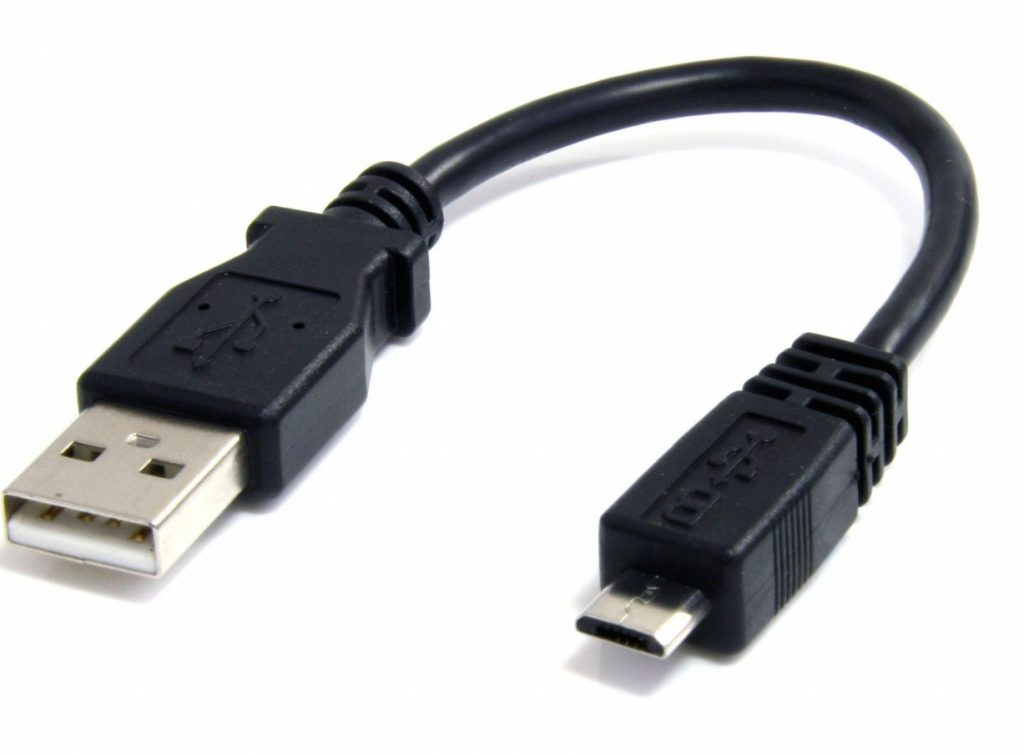
Part 4: The Future of USB Type-B Connectors
Gradual Replacement:
USB Type-B connectors have been widely utilized for various devices, but there is a gradual shift towards newer variants such as Type-C. The emerging Type-C connectors offer a range of benefits, including a smaller and reversible design, which enhances user convenience. Additionally, Type-C connectors support faster data transfer speeds and higher power delivery capabilities, making them well-suited for modern computing and mobile devices. As technology progresses, these advantages have led to an increasing adoption of Type-C connectors, especially in newer devices and systems. While USB Type-B connectors still retain their relevance in many applications, the transition to Type-C signifies an evolution in connectivity standards and reflects the ongoing quest for improved performance, efficiency, and user experience in the realm of digital connectivity. Consequently, Type-C connectors are gradually becoming the preferred choice in the rapidly evolving technological landscape.
Continued Use in Specific Applications:

Despite the introduction of newer connectors such as Type-C, USB Type-B is expected to maintain its relevance for specific applications in the foreseeable future. Its established presence in legacy devices, industrial settings, and certain musical equipment segments underscores its continued importance and utility. In legacy systems and devices, Type-B connectors will likely persist due to their widespread incorporation in older equipment, serving as a reliable connection interface that supports the continued functionality of these devices. Moreover, in industrial environments, the durability and reliability of Type-B connectors make them well-suited for the demanding conditions of manufacturing facilities and automation systems, ensuring their continued use in these settings. Additionally, Type-B connectors remain prevalent in musical equipment segments, where they serve as a standard connection interface for keyboards, synthesizers, and digital audio interfaces.
In conclusion, USB Type-B connectors have served as a cornerstone of device connectivity for over two decades. Their functionality, durability, and backward compatibility have made them a reliable workhorse across various applications. While newer technologies are emerging, USB Type-B connectors will likely continue to play a significant role in specific sectors for years to come.



